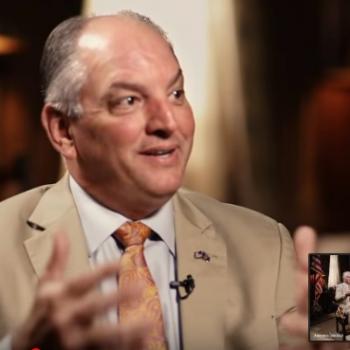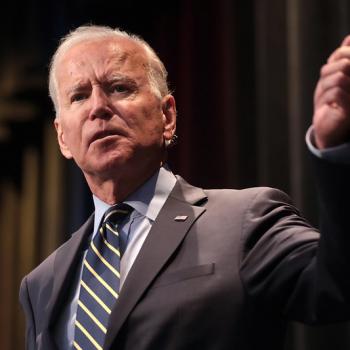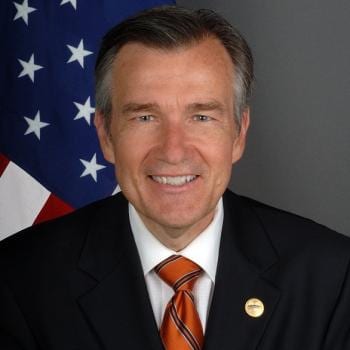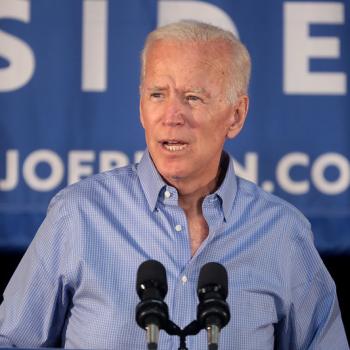That’s the conclusion, at least, offered by Michael Gerson in the Washington Post:
When Nancy Mitford asked novelist Evelyn Waugh how he could behave so atrociously while claiming to be a practicing Catholic, he responded, “You have no idea how much nastier I would be if I was not a Catholic.”
In Congress, we are about to test the ameliorative effects of Catholicism in practical ways, particularly among Republicans. Before the November election, there were 97 Catholic Democrats in the House and 36 Catholic Republicans. Now there are 68 Catholic Democrats in the House and 64 Republicans. The overall number in the House Catholic caucus remained steady, but its composition is decidedly more conservative.
What influence is this shift likely to have? Judging from the broader behavior of Catholics in American politics, not much. A century ago, many Catholics voted Democratic out of ethnic solidarity. Today, most Catholics vote almost exactly like their suburban neighbors. Catholics are often swing voters in elections precisely because they are so typical. So it was a sign of the times when last year a poll found 58 percent of Catholics sympathetic to Tea Party protests.
There is something vaguely disturbing about the precise symmetry of any religious group with other voters of their same class and background. One would hope that an ancient, demanding faith would leave some distinctive mark. A reflection may move and smile, but it lacks substance and will.
But though it is hard to identify a distinctive Catholic voter, there is certainly a distinctive Catholic teaching on politics – a highly developed and coherent tradition that has influenced many non-Catholics, myself included. Human life and dignity, in this view, are primary. The common good takes precedence over selfish interests. Local institutions – families, churches, unions, religious schools – should be respected, not undermined, by government. The justice of a society is measured by its treatment of the poor and vulnerable.
These distinctive commitments have created tensions with liberal Catholic politicians who elevate autonomy and choice as the highest political values – higher even than the rights of the weak. But the Catholic tradition also challenges elements of conservatism, particularly when it comes to Tea Party excess.
Check out the rest to see what he has in mind.














